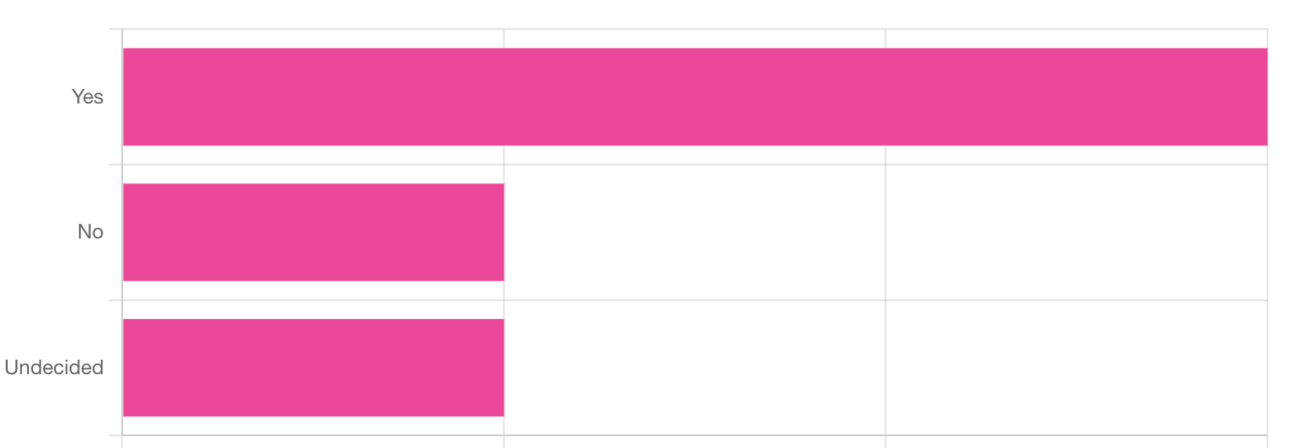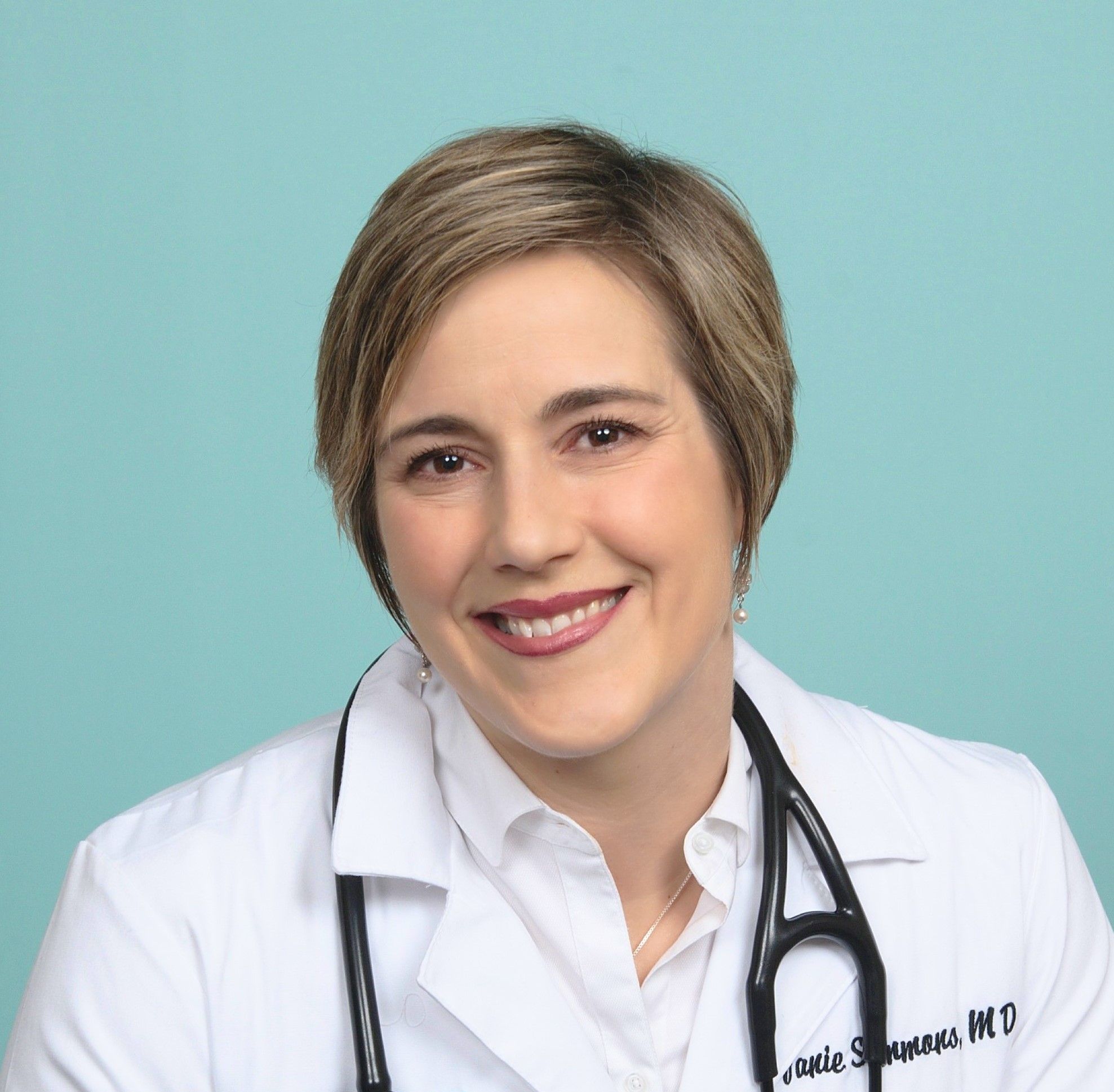- Digital MD
- Posts
- Addressing Healthcare Workforce Shortages and Innovations in Clinical Support, and more!
Addressing Healthcare Workforce Shortages and Innovations in Clinical Support, and more!

Happy Thursday! We hope everyone is having a terrific week. The newsletter has been growing like crazy, so thank you to all who have subscribed. Don’t forget to tell your colleagues! 😃
Thank You to Our Sponsor

Latest Podcast Episode
In this episode of Digital MD, Dr. Liz Kwo engages with Brian Urban, Director of Innovation and Emerging Markets at FinThrive. With a robust background in exercise physiology, business administration, and public health, Brian offers a deep dive into how FinThrive leverages AI and data analytics to optimize revenue cycle management in healthcare.
Featured Article
Top Insights of the Week
Clinicians in the spotlight
Legislation, recruitment and technology could address the people problem in healthcare
Addressing the healthcare workforce shortages will require a multi-pronged approach that includes recruitment, technology, and help from lawmakers.
Health systems must develop and implement policies, programs, and solutions that not only address and help prevent burnout but also educate staff to identify warning signs of burnout among their peers.
Why is this important?
Explains actions that we as a nation can take to reduce the gap between the number of healthcare workers we have and the number we need.
How to protect the mental health of students and residents
More than half of medical students (55%) said they felt hopeless, and nearly half of residents (43%) said they felt hopeless, according to 2023 Survey of America’s Current and Future Physicians.
Students face higher academic standards to get into medical schools, and expectations to excel in other ways.
Nursing leaders have also stressed the importance of giving less experienced nurses time to gain their footing.
Why is this important?
Explains initiatives aimed at relieving the burden while students prepare to become the best doctors they can be.
Ambient clinical documentation reduces clinicians’ burnout by enabling them to customize note editing
Q&A with Dr. Dean Dalili, chief medical officer of DeepScribe
In oncology, for instance, there's usually a very long summary of data that will define a patient's diagnosis and all the data elements that went into identifying their problem. Additionally, specific elements of the plan may be unique to cancer treatments – related not only to medical therapy, but also to social support, nutrition and other things. The note for orthopedics could look completely different and focus on a physical musculoskeletal examination, imaging and so on.
Why is this important?
Explains the tools to optimize the workload and reduce the burnout of clinicians.
How Emergency Departments can save lives with guidance on treating opioid-use disorder
ScalaNW website provides clinicians guidance on how to prescribe drugs such as buprenorphine and methadone. These drugs suppress withdrawal symptoms, reduce the craving for opioids and blunt opioids’ euphoric effects, discouraging their use.
ScalaNW delivers what ED clinicians need to confidently assess and treat people with opioid use disorder: evidence-backed, accessible information to quickly guide treatment.
Why is this important?
Explains digital tools that can help clinicians decrease the mortality rate in ED, making them more confident, more passionate about their job, and ultimately, better doctors.
Inspirational Pill
U.S. Based Medical Doctor Builds Clinic In Zimbabwe
The clinic, which has been in development for five years, will serve approximately 5,000 villagers across Ward 31, the new resettlement area, Dzoro area, Bota area, and parts of Zaka South and East.
Why is this important?
Explains the free healthcare services that will be provided to the local community.
Preparing the healthcare leaders of tomorrow
Northeast Ohio Medical University (NEOMED created five-year physician leadership master’s-to-M.D. programs that prepare students for the business and advocacy aspects of leading a health system.
Why is this important?
Explains how students can learn to accelerate their careers in the areas that interest them, leading to great clinicians with the talent, passion, and business mindset to transform health care regardless of their career paths.
Startups, therapies and devices
InsightRX and Northern Arizona Healthcare (NAH) announced they will make InsightRX’s precision dosing software for heparin therapy available to NAH’s pharmacists at Flagstaff Medical Center. InsightRx’s platform seamlessly imports patient data from NAH’s electronic health records to create a graph of a patient’s real-time coagulation status using their current blood draw.
Why is this important?
Explains how this technology decreases the time required to therapeutically dose hospitalized patients with unfractionated heparin to treat and prevent blood clots, improving patient outcomes.
Iqirvo drug receives FDA approval as therapy for primary biliary cholangitis (PBC), a rare liver disease.
PBC is an autoimmune condition in which bile and toxins build up in the liver, leading to inflammation and damage to the bile ducts. The lifelong disorder can worsen to the point of requiring a liver transplant. Ipsen estimates that PBC affects 100,000 people in the U.S. As a treatment for PBC, this therapy is intended to help bile move through the liver, improving liver function and reducing scarring in the organ.
Why is this important?
Explains how this therapy can help treating primary biliary cholangitis.
Moon Surgical receives FDA clearance for the commercial version of its Maestro surgical robot system
The digital surgical assistant is designed to support surgeons and other operating room staff, specifically for the 18.8 million annual soft tissue surgical procedures not currently supported by available telerobotic systems.
Surgical staff members are free to manually adjust one or both arms at any time during the operation, or they can do so through the user interface.
Why is this important?
Explains how staying abreast of the latest Digital health tools and AI developments gives clinicians’ careers a competitive advantage in the labor market.
Remote Patient Monitoring
Mount Sinai Medical Center enters a new remote patient monitoring and chronic care management partnership with HealthSnap, a Miami-based virtual care management platform.
The new company’s platform gives providers ready access to various workflows they need to launch and scale a remote patient monitoring and chronic conditions management program. It has tools to manage more than 100 chronic conditions in both primary and specialty care.
Why is this important?
Explains how Remote Patient Monitoring helps increase the quality and length of patients’ lives affected by chronic diseases, contributing to healthcare expenses reduction.
Remote Patient Monitoring
Neonatal intensive care units integrated with Epic electronic health will gain rapid access to whole genome sequencing services
GeneDx, a genetic testing and analytics developer teams up with Epic to help providers deliver more personalized treatment plans.
The ability to pinpoint genetic conditions early opens the door to improved clinical management, targeted therapies and can lead to improved outcomes for our youngest and most vulnerable patients.
Why is this important?
Explains how by connecting patients to their DNA through genomics, precision medicine improves patient outcomes in a way that is changing healthcare forever.
Life Advice
Dr. Liz Kwo and Robert E. Andrews, CEO of Health Transformation Alliance discussed strategies for enhancing personal relationships, emphasizing the importance of communication, trust, and mutual respect in fostering strong bonds. The speaker shares practical tips for improving emotional connections and maintaining healthy relationships.
This Week’s Poll ⬇️
Last Week’s Poll Results ✅
60% said they will be attending HLTH in last week’s poll: “Which areas would you like the newsletter to focus on?” There was a tie for those not going or still undecided. Thank you to everyone that voted!

Stay tuned for more content! Don’t forget to like, comment, and subscribe 😃










Reply